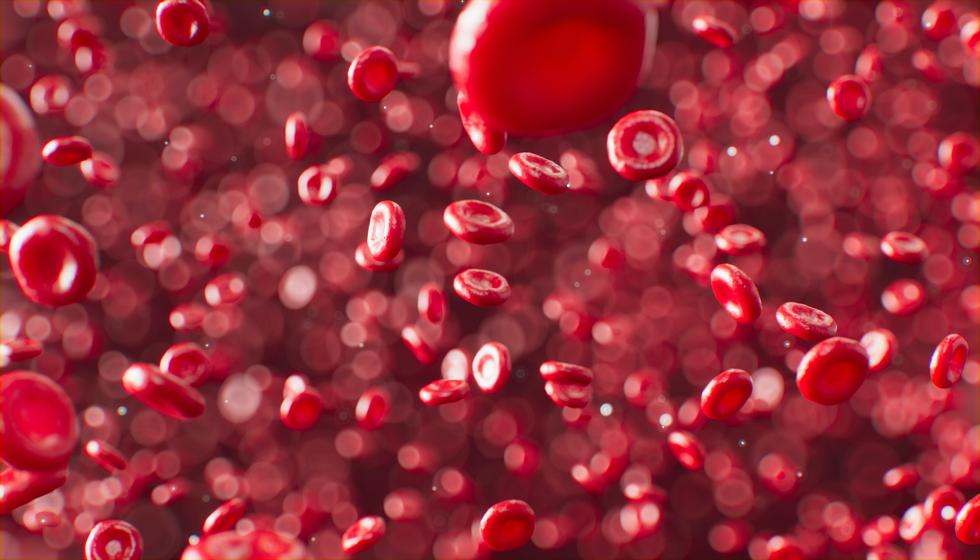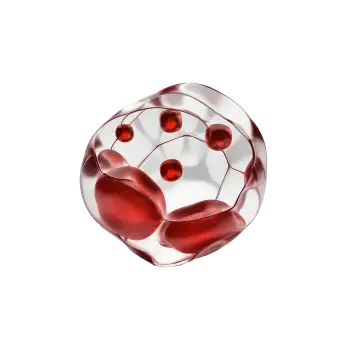Blood clot:
A blood clot is a condition where clotted blood blocks blood flow somewhere in the body. Blood clots usually form in the legs, but they can also occur in, for example, the lung or the brain. Smaller blood clots can sometimes cause unnoticed symptoms, while larger clots can be life-threatening. Blood-thinning drugs are used both to prevent and treat blood clots.
It is important to be aware of the various symptoms that may indicate a blood clot. The most common signs include swelling, pain, tenderness or redness in the affected area, as well as shortness of breath and chest pain. If you experience any of these symptoms, you should seek medical help urgently, regardless of where in the body the blood clot is located. The treatment for a blood clot depends on its size and where in the body it is located. Smaller clots can be managed with blood-thinning drugs, while larger clots may require more aggressive treatment such as thrombolytic therapy or surgery. Regardless of the type of treatment required, it is important to act quickly to avoid serious consequences of a blood clot.






















